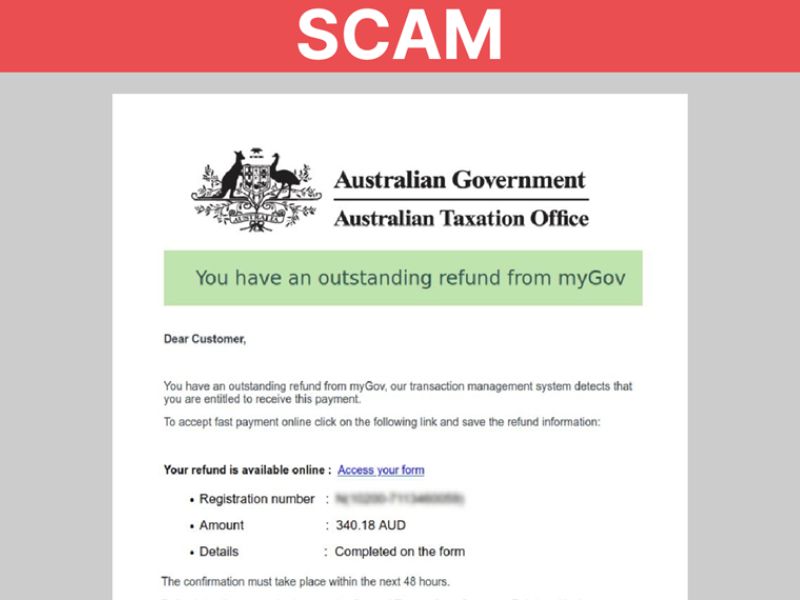welcome to r j s & associates
Tax Scams Are Getting Smarter in 2025—Here’s How to Stay Ahead


Every tax season, scammers get more sophisticated—and 2025 is no exception. From fake ATO messages to AI-generated calls, tax fraud has become harder to detect and more damaging for those who get caught out.
Here’s what you need to know to stay safe, how to identify tax scams, and what to do if you’ve already been targeted.
An ATO scam is any fraudulent attempt to steal personal or financial information by pretending to be the Australian Taxation Office. These scams often arrive via:
The goal? Trick you into sharing sensitive information or making payments to the wrong account.
You might think you'd know a scam when you see one—but the reality is, many are deceptively professional.
Watch out for:
If it feels suspicious, it probably is.
Yes—and they’re increasing. The ATO reports thousands of scam reports each month, with many Australians losing thousands of dollars each year to these tactics. This year, scammers are also using AI-generated voice calls and spoofed phone numbers to sound more convincing.
Cybercriminals are also targeting small business owners and retirees—groups seen as more likely to respond to legitimate-sounding tax requests.
Here are the scam types currently doing the rounds in 2025:
If you receive a message or call that seems off, stop and verify before acting. You can call the ATO’s scam line or speak with your trusted accountant.
It depends.
If you've sent funds to a scammer, contact your bank immediately to see if the transaction can be reversed. The sooner you act, the better the chance of recovery.
Also report the incident to:
You can also speak with our Accounting and Business Advisory team for support—especially if your business systems were compromised or if you suspect internal fraud.
Scammers don’t wear name tags—but their tactics follow patterns. Here’s what sets them apart:
A legitimate tax agent or ATO contact will never ask you to send money via crypto, gift card, or instant transfer services.
Want to go deeper? Read our guide on how to protect yourself from cybercrime for practical steps.
If you think you’ve been targeted:
Tax time can be stressful enough without scam threats hanging over your head.
Our team at RJS is here to help you lodge safely, spot red flags, and plan with confidence.
Whether you’re concerned about a suspicious message or want to strengthen your business’s defences, let’s talk.
Speak to an RJS Accountant Today
This article is published by R J Sanderson and Associates Pty Ltd ABN 71 060 299 783. This article contains general information only and is not intended to represent specific personal advice (Accounting, taxation, financial or credit). No individual personal circumstances have been taken into consideration for the preparation of this material. It is recommended that you obtain your own personal professional advice before making any financial or business decision.